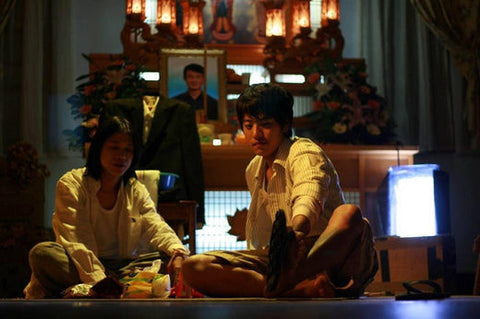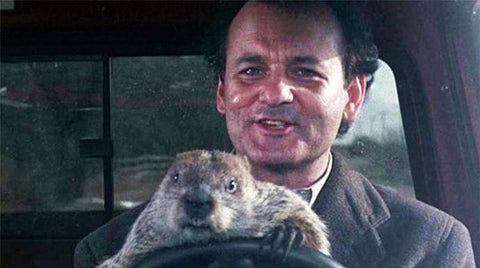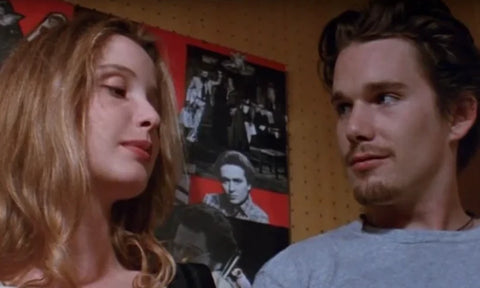
There are many ways in which the weirdo and I are alike, but the biggest difference between us lies in our fathers.
We both come from single-parent families, but for entirely different reasons. My father passed away when I was young, while his father abandoned his family. When I speak of my father, it’s always with a deep sense of longing. When he mentions his, it’s with clenched teeth and an expression of feigned indifference, masking an anger so raw it feels almost alive.
I believe he still cares about his father, even if he’d never admit it. Hate, after all, is a powerful emotion, proof that something inside him hasn’t entirely shut down.
Once, he wanted to know if his father had moved back to Hong Kong—whether he was now living in their old flat with his new wife and children. “Maybe I can help,” I offered.
I went to the lift lobby of his old building while he waited out of sight, hidden behind a wall. I rang the doorbell of the flat, and a domestic helper answered. Speaking in English, I pretended I was a tutor, searching for the family. My eyes scanned the flat behind her, looking for signs of the new wife or children. She said there was no need for a tutor and that I must have the wrong address. I apologised and left.
When I returned to him, he asked urgently, “Was it her? Were there kids? How old were they?” I described what I had seen, and he nodded grimly. “It’s them,” he said through gritted teeth. “They even dared to move back into my home.”
His old flat and the neighbourhood around it were places he’d already shown me early in our relationship. One night, he took me on a tour of his childhood. With surprising excitement, he pointed out the spots where he used to ride his bike, play table tennis, and attend kindergarten. He didn’t mention his father once.
But he never seemed uncomfortable when I talked about my dad. He didn’t shy away from my grief. In fact, he even joined me in watching films about fathers, like Seven Days in Heaven. I always ended up crying, and he’d quietly pass me tissues.
Seven Days in Heaven left a deep impression on me. The Taiwanese funeral customs depicted in the film were different from those in Hong Kong, but the daughter’s raw, unmoored grief mirrored my own. Later, when I attended my grandmother’s funeral in mainland China, the earthy, primal rituals of a traditional funeral struck an even deeper chord.
The film’s final line—“Please gather your emotions; we are preparing to land.”—replays in my mind often, like a mantra, especially when I’m missing my father. It has a way of pulling me back to the present, grounding me when I need it most.
Recently, I started practising yoga. It reminded me of a passage from the essay version of Seven Days in Heaven: “The yoga teacher said that with every exhale, give yourself a chance to find the broadest part of your body. I used to sharpen my edges, make them as cutting as possible, hurting myself and others, and called it ‘personality.’ Now I’m beginning to learn that softness isn’t compromise—it’s compassion. Perhaps this has nothing to do with yoga, but everything to do with age.”
I hope that someday, he’ll come to understand this too. That he’ll be able to forgive, and finally tidy up the mess of emotions he’s been carrying.
Tonight’s song: Don’t Look Back in Anger by Oasis.


